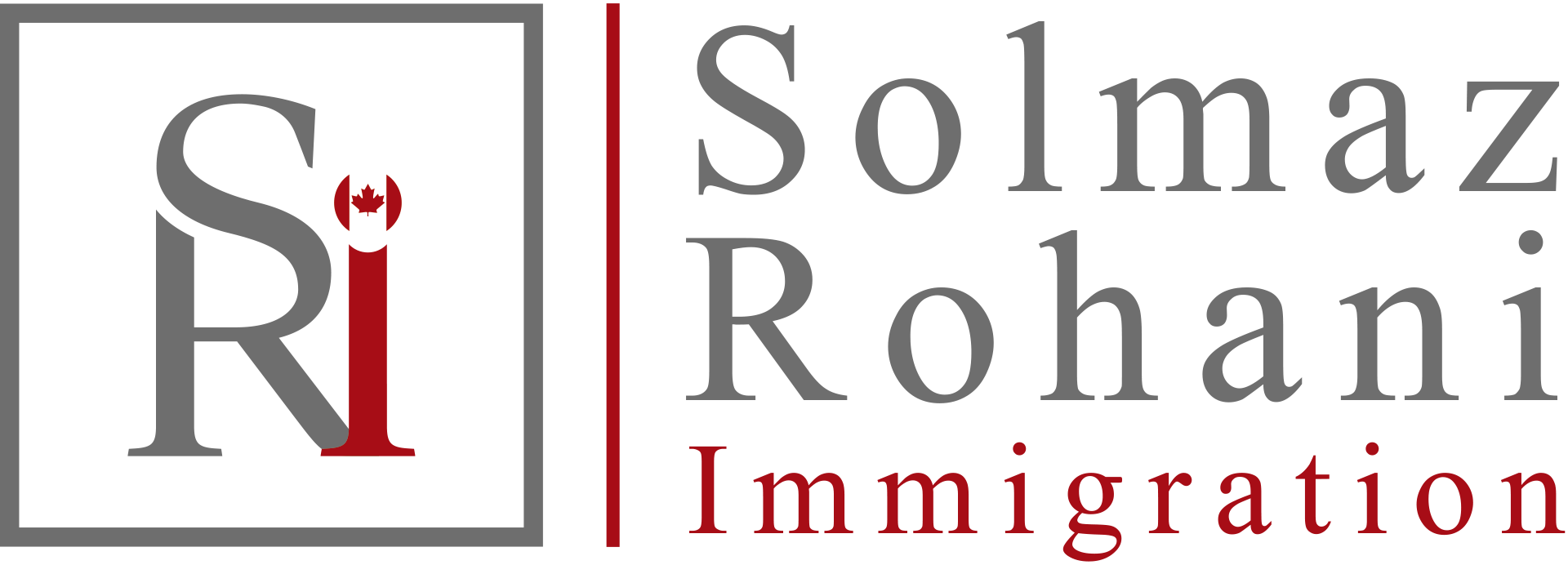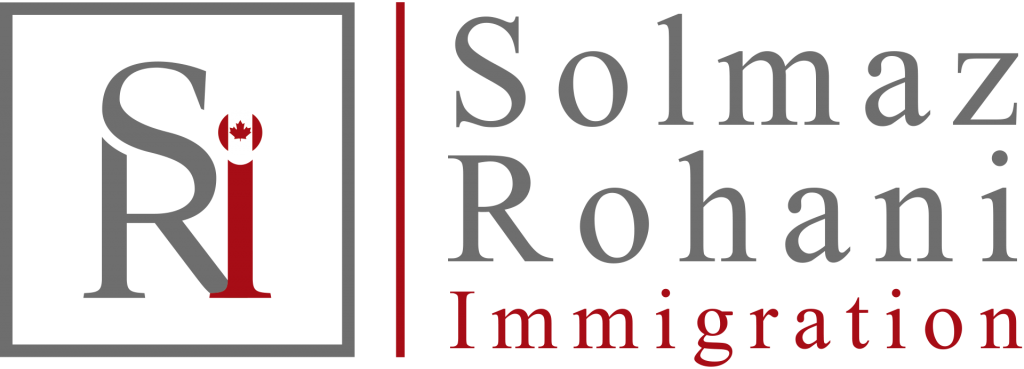With years of experience assisting clients with highly complicated appeal matters, our office offers unparalleled services in all types of immigration appeals. We can also assist those who need to respond to letters of concern issued by the immigration authorities, or those who have been convoked for an immigration interview.
Permanent residents of Canada can receive removal orders for certain kinds of immigration violations.
The most common are having been convicted of a serious criminal offence in Canada or elsewhere, or having been found guilty of misrepresentation.
Once issued a removal order, a permanent resident may appeal the decision to the Immigration Appeal Division (IAD) within 30 days.
Process of making a removal order appeal
A removal order against a permanent resident is usually made after a hearing before the Immigration Division where the Division has decided that the appellant is inadmissible to Canada, and they are issued a removal order asking them to leave Canada.
In this situation the permanent resident may appeal the decision to the Immigration Appeal Division. This appeal is commenced by filing a Notice of Appeal to the IAD within 30 days of the removal order decision being received.
After the appeal has been received, the immigration authorities will produce the tribunal record. The record will contain documentation to explain why a removal order was issued in the appellant’s case, usually including the documents that were before the Immigration Division and any transcript of the hearing before the Immigration Division.
The appellant will also have an opportunity to present any new evidence to the IAD that they wish to adduce to support their appeal.
The removal order appeal process
In each case the IAD will schedule a hearing where the applicant will have an opportunity to testify, to call witnesses, and to present new evidence on their behalf. They may be represented by a consultant for this purpose. At the hearing the immigration authorities will be represented by their own lawyer, called a Minister’s Representative, who will typically be opposed to the appeal and will lead their own evidence to try to have the appeal dismissed. A judge will preside over the hearing and will make the final determination in the case.
The appellant can generally challenge the removal order against them on two grounds, the first being the legality of the removal order and the second being humanitarian and compassionate grounds. With respect to legality, if the decision is incorrect in law or fact then it may be argued that the removal order was improperly issued. If this argument cannot be sustained, then an appellant can make their case on humanitarian and compassionate grounds, and explain the mitigating circumstances of their case. The IAD judge can allow the appeal on either ground. If the appeal is successful, the appellant will be allowed to keep their permanent residence, but in some cases may be subject to a stay of removal for one or more years. A stay of removal is similar to a probationary period. Once the stay period is successfully completed, then the appellant will fully resume their permanent residence.
Pre-Removal Risk Assessment (PRRA)
The purpose of the PRRA is to assess whether the applicant faces a risk in their home country and as a result should not be deported there. In this sense, the PRRA is like a refugee claim since it assesses the same bases for risk as in a case before the refugee board, that is, whether the applicant faces a risk to their lives or safety in their home country due to political opinion, religion, race, nationality, or because they belong to a specific social group. The need for refugee protection can also be established if the applicant faces cruel and unusual treatment or punishment or torture in their home country, for any reason. In all cases the risk must be a personal one and not something faced by the population generally in the home country.
The PRRA may be proactively applied for, or it may be given directly to an individual facing removal by an immigration officer. Once received from an officer, the applicant has 15 days to complete and file the relevant forms, and 30 days to file any supporting documents and legal submissions. The application is made to the department of Immigration, Refugees and Citizenship Canada (IRCC). Once all documentation is received, it will typically take the immigration authorities several months to make a decision.
If the PRRA is approved, the applicant will be granted refugee protection in Canada and may apply for permanent residence on this basis. If the application is denied, the applicant’s removal from Canada will proceed. Note that an appeal to the Federal Court can be made within 15 days of the negative decision.
Unlike a refugee claim, the PRRA is usually decided based on a paper application, and without the need for a hearing. There are exceptions, including where there is a central issue of credibility, or the applicant is a refugee claimant found ineligible for having made a claim in another country prior to coming to Canada. In these cases a PRRA officer may convoke an interview with the applicant before making a decision.
Note that persons who made a refugee claim before the Refugee Protection Division and/or the Refugee Appeal Division may not apply for the PRRA unless at least one year has passed since their refugee claim was finally rejected.
Canadian citizens or permanent residents whose application to sponsor a family member has been refused by the immigration authorities can appeal to the immigration appeal division within 30 days.
Sponsorship appeals are appeals by Canadian citizens or permanent residents of the refusal by the immigration authorities of their application to sponsor their family member including their spouse, partner, child or parent for permanent residence in Canada.
These appeals are heard by the Immigration Appeal Division (IAD) of the Immigration and Refugee Board.
The IAD is an independent administrative tribunal that acts like a court to review immigration department decisions, including hearing any new evidence, then deciding whether or not the decision of the immigration authorities should be overturned.
Procedure before the immigration appeal division in sponsorship appeals
Once the Canadian sponsor receives a refusal letter from the immigration department rejecting their application to sponsor their family member they have 30 days to appeal to the Immigration Appeal Division. The usual reasons for the refusal are as follows:
- For spouse or partner sponsorships, the most common reason for refusal is that the immigration authorities do not believe the relationship between the couple is genuine.
- For parental sponsorships, the application is usually refused because the sponsor does not meet the financial requirements to sponsor.
- Other common grounds of refusal include criminal or medical inadmissibility, or misrepresentation.
The appeal hearing
After an appeal has been filed, the IAD will schedule a hearing. At the hearing the appellant will have an opportunity to present new documentary evidence, to testify as to the facts of the case, and to call witnesses. The appellant may also be represented by a consultant who will conduct the examinations of the witnesses and who will also have an opportunity to make submissions on the appellant’s behalf.
The immigration authorities will send their own lawyer or representative to the hearing to defend their decision to reject the application. The immigration department’s lawyer may adduce new evidence, cross-examine witnesses, and make submissions on the department’s behalf.
A Board Member will preside over the hearing and will act as a judge to decide the case. The Member may also question witnesses and will render their decision orally or in writing at the conclusion of the hearing.
If a permanent resident applies to have their permanent resident card extended and this application is refused, they may appeal to the Immigration Appeal Division
If a permanent resident applies to have their permanent resident card extended and this application is refused, they may appeal to the Immigration Appeal Division of the Immigration and Refugee Board within 60 days. Similarly, those who apply for a Travel Document and are found to have lost their residence may also appeal within 60 days.
The Appeal Division will hold a hearing to decide if the decision to take away the appellant’s permanent residence should be allowed to stand, or if it should be overturned. The Appeal Division may consider both the legal basis for the appeal and the Humanitarian and Compassionate grounds related to the appeal.
The appeal will be held in Canada and the appellant can provide new evidence in support of their case and can testify before a judge. Where the appellant is outside Canada such testimony may be done by teleconference. If the Immigration Appeal Division decides to grant the appeal then the appellant will be permitted to retain their permanent residence and can obtain a new P.R. card. If the Immigration Appeal Division denies the appeal a further appeal to the Federal Court may be made.
Travel documents to Canada can be obtained by those appealing the revocation of their permanent resident status where they have been in Canada at least once within the last year, or where the Immigration Appeal Division determines that their presence in Canada is necessary for their appeal.



